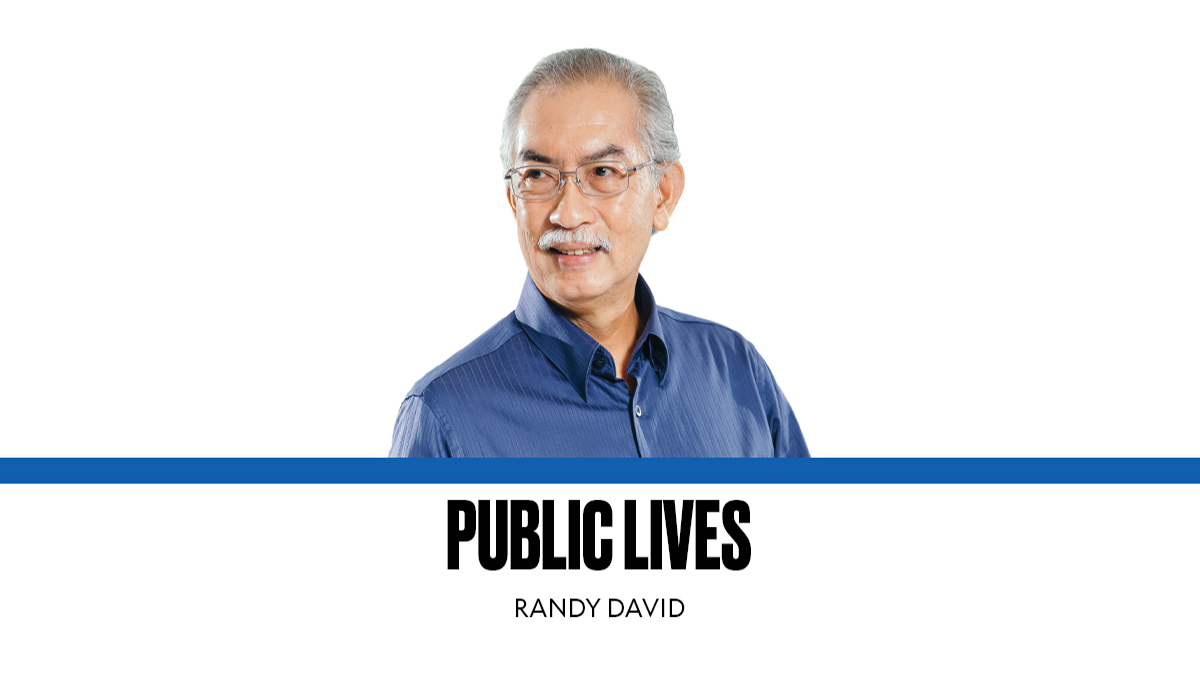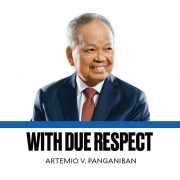Interpreting Justice Leonen

If Supreme Court Senior Associate Justice Marvic M.V.F. Leonen had not been the author of the much-criticized ruling declaring the impeachment case against Vice President Sara Duterte unconstitutional, the firestorm that greeted the decision might have been even more ferocious.
Unlike the other justices who concurred, Leonen was an appointee of the late president Benigno S. Aquino III. He owes the Dutertes nothing. Before joining the Court, he had been the government’s chief negotiator in the peace talks with the Moro Islamic Liberation Front and dean of the University of the Philippines College of Law. His reputation for fairness, independence, and high-mindedness—evident in countless dissents from the majority—makes it harder to dismiss the ruling as merely the partisan vote of a Duterte-appointed court.
Even so, this decision so clearly departs from a plain reading of the Constitution’s impeachment provisions that one is hard-pressed to see where it is coming from. Leonen went out of his way to note irregularities that cast doubt on the intentions behind the filing of the charges. He questioned the strange manner in which the three earlier complaints were handled—left unacted upon until the last minute.
More importantly, he argued that the basic norms of due process, found not only in the provisions on accountability but enshrined in the Constitution’s Bill of Rights, were ignored in the handling of the fourth complaint. He listed seven conditions that would have had to be met if due process had been observed. None of these had been explicitly required in previous impeachment proceedings, yet he retroactively applied them here.
It would be a pity if Leonen were remembered only for this unpopular decision. He has been a consistent champion of social justice in many lesser-known opinions, notably his concurring opinion in G.R. No. 248583, promulgated in February this year.
That ruling acquitted two petitioners convicted for playing cara y cruz, a coin-toss game common in poor neighborhoods, under the anti-illegal gambling law. Leonen was not the ponente, but he wrote a concurrence delving into the origins of Presidential Decree 1602, issued during martial law. For the breadth of the issues it tackles, his concurrence overshadows the main ruling.
This is the Marvic Leonen we knew at the University of the Philippines.
He began: “I concur. However, I cannot, with a clear conscience, merely offer my concurrence without explaining the entirety of my position. Petitioners must be acquitted … because out of the many authorized casinos under the State’s direct control, it is baffling why the playing of cara y cruz … remains punishable under Presidential Decree No. 1602.”
Note how he goes beyond the evidence and the text of the law, questioning its justness by pointing to its selective enforcement against the poor. Here, he positions himself not merely as an interpreter of the law but as an arbiter of what is moral and just. From that vantage point, he shows how this particular law—instrumentalized by the police and victimizing many poor people—stands out as a glaring anomaly in a society where the state itself has become the biggest purveyor of gambling.
By establishing the Philippine Amusement and Gaming Corporation (Pagcor) on June 11, 1978, the martial law regime centralized gambling licenses to exploit them as a steady revenue source. P.D. 1602, issued days later, targeted competition from unauthorized operators rather than gambling per se.
Leonen draws the only reasonable conclusion: “The very purpose of the law … to combat ‘this social menace which dissipates the energy of our people,’ has lost its meaning, since gambling is regularly done in casinos and is condoned by the government mandated to eradicate it.” That astute observation applies even more today, when the state not only operates casinos but also licenses online betting, despite mounting evidence of its harm, especially to the young. The same pattern of selective enforcement shields government-authorized operators while punishing small-time unlicensed gambling in the streets.
It is this uneven application of the law that Leonen warns against—a theme running through his impeachment ruling: “When impeachment is weaponized for personal gain or political retaliation, it undermines its legitimacy … [and] feeds public cynicism in the entire impeachment process.”
This style of adjudication will not sit well with those who believe the Court’s role is limited to interpreting the law. But Leonen prefers to see the larger picture. When he senses that hidden forces may be driving a case, he blows the whistle. We may not agree with him, but he gives us reason to pause and reflect.


















